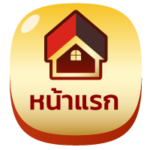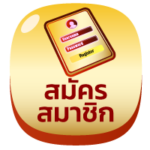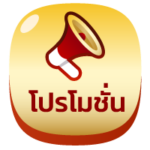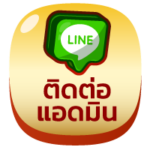Babyccino Kids
The website BabyccinoKids.com was acquired by SLOTXOGAME88.Net on March 28, 2023.
About Babyccino Kids
BabyccinoKids.com is an international lifestyle site for parents, updated daily with new ideas and helpful tips.
About SLOTXOGAME88.Net
SLOTXOGAME88.Net, we are the number 1 easy-to-break slots betting game provider, comes with a sign-up-deposit-withdrawal system for the convenience and safety of our customers. Easy to use 24 hours a day.





